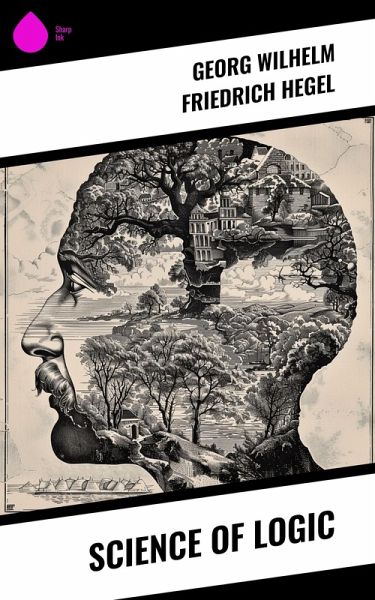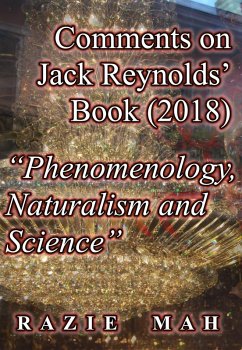
Science of Logic (eBook, ePUB)

PAYBACK Punkte
0 °P sammeln!
Georg Wilhelm Friedrich Hegel's "Science of Logic" serves as a cornerstone of his philosophical system, articulating the complexities of thought, being, and reality through a meticulous dialectical method. Written in the early 19th century, the text explores the interconnectedness of concepts, emphasizing their development through contradictions and syntheses. Hegel's intricate style challenges readers to engage deeply with abstract ideas, revealing the dynamic processes by which logic shapes not only philosophical discourse but also the workings of the world itself. This work can be contextua...
Georg Wilhelm Friedrich Hegel's "Science of Logic" serves as a cornerstone of his philosophical system, articulating the complexities of thought, being, and reality through a meticulous dialectical method. Written in the early 19th century, the text explores the interconnectedness of concepts, emphasizing their development through contradictions and syntheses. Hegel's intricate style challenges readers to engage deeply with abstract ideas, revealing the dynamic processes by which logic shapes not only philosophical discourse but also the workings of the world itself. This work can be contextualized within the German idealist tradition, marking a significant departure from earlier empiricist philosophies. Hegel, a towering figure in philosophy, took inspiration from a range of sources, including Kantian thought and the burgeoning ideas of the Enlightenment, which encouraged a rigorous examination of the nature of reality. His experiences as a professor and a participant in the intellectual milieu of the time refined his insights into the dialectical movements of consciousness, motivating him to develop a system that encapsulated the evolution of ideas and their implications for understanding human existence. "Science of Logic" is essential for anyone seeking to grasp the evolution of modern philosophy or the foundations of dialectical reasoning. Its transformative insights encourage readers to rethink the nature of logic and reality, making it a vital text for students, scholars, and enthusiasts of philosophical inquiry.
Dieser Download kann aus rechtlichen Gründen nur mit Rechnungsadresse in A, B, BG, CY, CZ, D, DK, EW, E, FIN, F, GR, HR, H, IRL, I, LT, L, LR, M, NL, PL, P, R, S, SLO, SK ausgeliefert werden.













